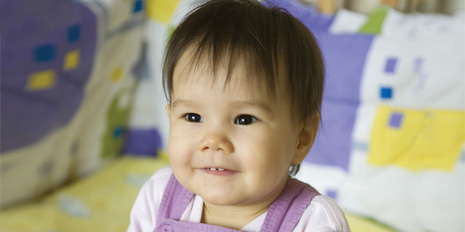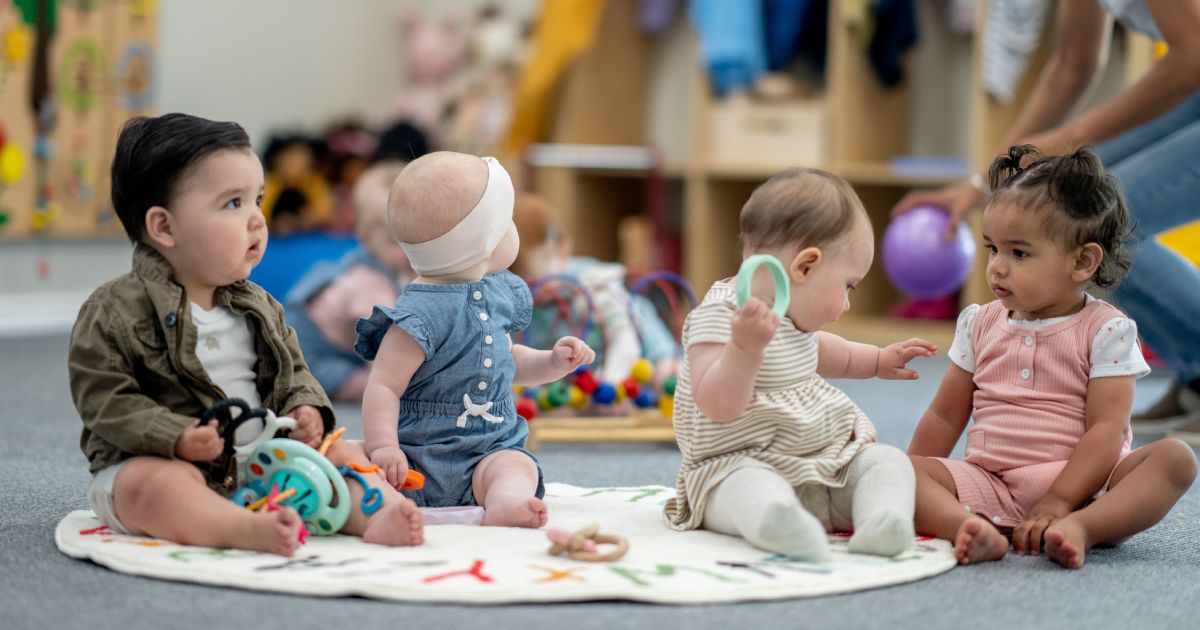Designed for low-income pregnant women and families with infants and toddlers up to age 3, Early Head Start (EHS) programs are comprehensive, two-generation efforts that enhance children’s development while strengthening families. Programs provide child development services delivered in home visits or child care settings, case management, parenting education, health care and referrals, and family support.

In 2007, Mathematica and its partners launched a six-year longitudinal survey of 89 Early Head Start programs around the country. The sample consisted of two cohorts of children (and their families) in each program: (1) newborns, and (2) infants approximately one year old. Data were collected annually from a number of sources, including direct child assessment as well as interviews with parents, teachers, and program directors, in the spring, until the sample children reached three years of age or left the program.
A new report, the second from the study, focuses on the sample of children at the 2-year-old mark and provides a snapshot of program services, including their intensity and quality, the characteristics of the children and families served, and how children and families fare in key areas of development. Key findings include:
- Programs offered services at recommended levels (weekly home visits and four or five center days per week).
- Families received many but not all of the services offered to them. On average, those in the home-based option received about 3 visits per month, and those in the center-based option received about 3.5 days per week from age 1 to 2.
- Program services, delivered both in home visits and center-based classrooms, scored in the mid-range on observed quality.
- While parent reports show that 2-year-old Early Head Start children are near their same-age peers in general development; they place below national norms on measures of language development.
Looking Ahead
Findings from this study will inform policy and programmatic decision-making at both national and local levels. This report sets the stage for a final report on 3-year-old children in Early Head Start, expected for release in 2015. This next report will include information collected in spring 2011 and 2012, and will cover all study children who remain in the program through age 3. It will focus on modeling the longitudinal aspects of the data to develop an understanding of relationships among family and child characteristics, service uptake, and outcomes.

